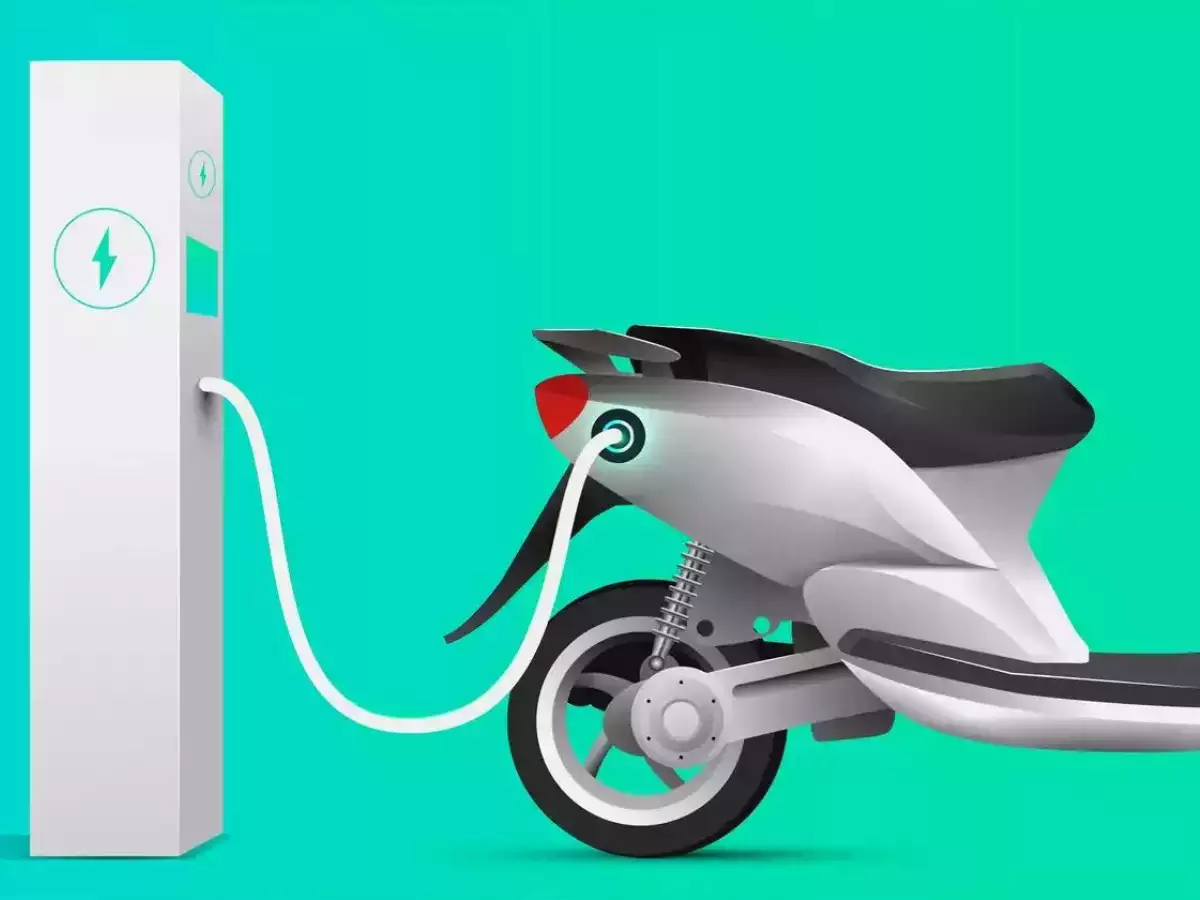
Any discontinuation of financial incentives for electric two-wheeler purchases is likely to impact demand and consumer adoption for a technology that is still in its early stages of adoption in the country, say executives. Electric two-wheelers comprised 5.5% of India’s total two-wheeler market in FY24.
“Subsidies are not about helping companies survive, they're about accelerating adoption for the entire industry. While products and technology continue to evolve, customer adoption is still at an early stage. Policy support is key to ensuring we achieve our electrification vision,” said Ravneet Phokela, chief business officer, Ather Energy.
Bhavish Aggarwal, founder and CEO, Ola Electric, which leads the e-two-wheeler market, concurred. In an interview on Monday, he said, “I don't think anybody is particularly dependent on the subsidy anymore. It will be good if the subsidy scheme continues for some time because the penetration is still in its early phase. It's anyways only INR 10,000 which is less than 10% of the vehicle’s value.”
Subsidies under the FAME scheme have been reduced over the past two years—from INR 60,000 per vehicle to INR 10,000. The industry has responded well by rejigging its cost structure. The paradigm is moving from consumer subsidisation to production incentivisation, Agarwal said, referring to the Production Linked Incentive (PLI) scheme where Ola Electric is a beneficiary.
Falling subsidies are impacting demand. Sales fell from 64,515 units in April, when FAME II ceased and was replaced with the Electric Mobility Promotion Scheme (EMPS), to 53,405 units in June, vehicle registration data from the government's Vahan portal. Under EMPS, the incentive for e-two-wheelers was curtailed from up to INR 15,000 kw/hr to up to INR 10,000 kw/hr.
“Manufacturers have realised that it’s the new normal, the subsidies will go away, and it will be a level playing field. Having thought through the scenario for a while, they are now building value rather than cost efficiency by adding features like ARAS (advanced rider assist system), meta telematics etc, to justify the price surge ahead,” said Harshvardhan Sharma, head – auto retail practice at Nomura Research Institute. “The electric two-wheeler makers are fully cognisant of the fact that a business cannot be built on subsidies, it must be built on intrinsic product or service quality,” he added.
Fuelled by entry of more players and incumbents launching newer models, and ramping up production and distribution, he expects electric two-wheeler market penetration to double to 10% by the end of FY26.
On Friday, the government extended EMPS by two months to September 30. It also enhanced the scheme's outlay to INR . 778 crore from the initial INR 500 crore meant for subsidising sale of electric two- and three-wheelers. The EMPS scheme was originally set to run from April 1, 2024, to July-end.
In a post-budget press meet in Mumbai on Saturday, commerce and industry minister Piyush Goyal said, “The electric two-wheelers are an economically viable proposition that do not require any support. I am in regular dialogue with them (manufacturers) and they have confirmed to me that they can compete on their own merits and they do not need any government subsidy.”
Disclaimer: The copyright of this article belongs to the original author. Reposting this article is solely for the purpose of information dissemination and does not constitute any investment advice. If there is any infringement, please contact us immediately. We will make corrections or deletions as necessary. Thank you.





